Legends and luminaries lost: COVID-19 spotlights vulnerabilities of performing arts workers
A Disney animator who worked on classics like "The Lion King" and "The Little Mermaid."
An Academy Award-nominated cinematographer who worked on iconic films like "E.T. the Extra Terrestrial " and "The Color Purple."
More than a dozen renowned jazz and blues musicians, including New Orleans legend Ellis Marsalis.
COVID-19 has killed more than 94,000 in the U.S., but the effect of the virus on the elderly, the poor and racial minorities has been particularly acute. This disproportionate effect is apparent in all walks of life and around the country, but was also felt in the losses suffered in the music and film industries, from marquee names like Marsalis to those who worked behind the scenes.
And while the public image of those in the arts and entertainment might be one of glitz and glamour, industry advocates say many who have supported the stars in some of the most memorable projects in history are struggling during the pandemic, which has brought production as well as live performances to a halt.
A 'gut punch' at nursing homes
At the Motion Picture & Television Country House and Hospital, a nursing home for entertainment industry workers in Woodland Hills, California, 17 residents out of 250 and 15 staff members out of about 200 tested positive for COVID-19. Six residents died and five remain in recovery, MPTF President and CEO Bob Beitcher told ABC News on Tuesday.
The facility is one of the services provided by the Motion Picture and Television Fund -- a charitable organization founded in 1921 that provides a safety net of health and social services to entertainment industry workers.
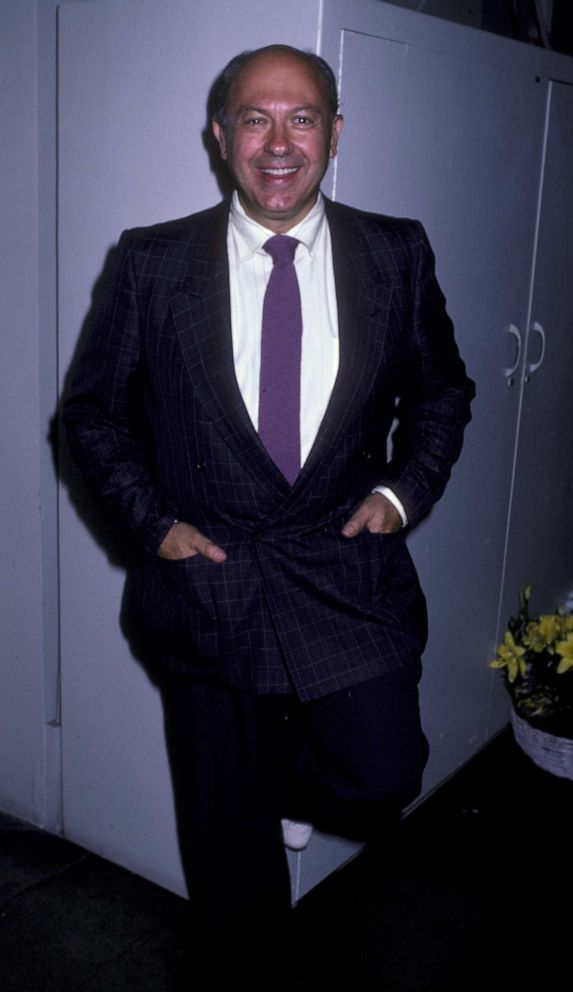
“We’ve lost 6 residents, six kind and loving souls with family roots in the entertainment industry, who leave family members and staff with sadness in their hearts,” MPTF President and CEO Bob Beitcher wrote in a statement to staff.
Beitcher told ABC News that the facility began obtaining personal protective equipment in February and closed the campus down to visitors on March 9. When the first resident tested positive for COVID-19 after experiencing a cough on March 31, it “was obviously a big gut punch” to because MTPF had “worked so hard to keep the facility COVID-free.”
John Breier, 64, who was a longtime member of the International Alliance of Theatrical Stage Employees labor union, was the first to die, on April 6.
Allen Garfield, 80, who had an acting career spanning four decades and roles in films like "The Conversation," "The Candidate," "The Stunt Man" and "Nashville," died on April 7.
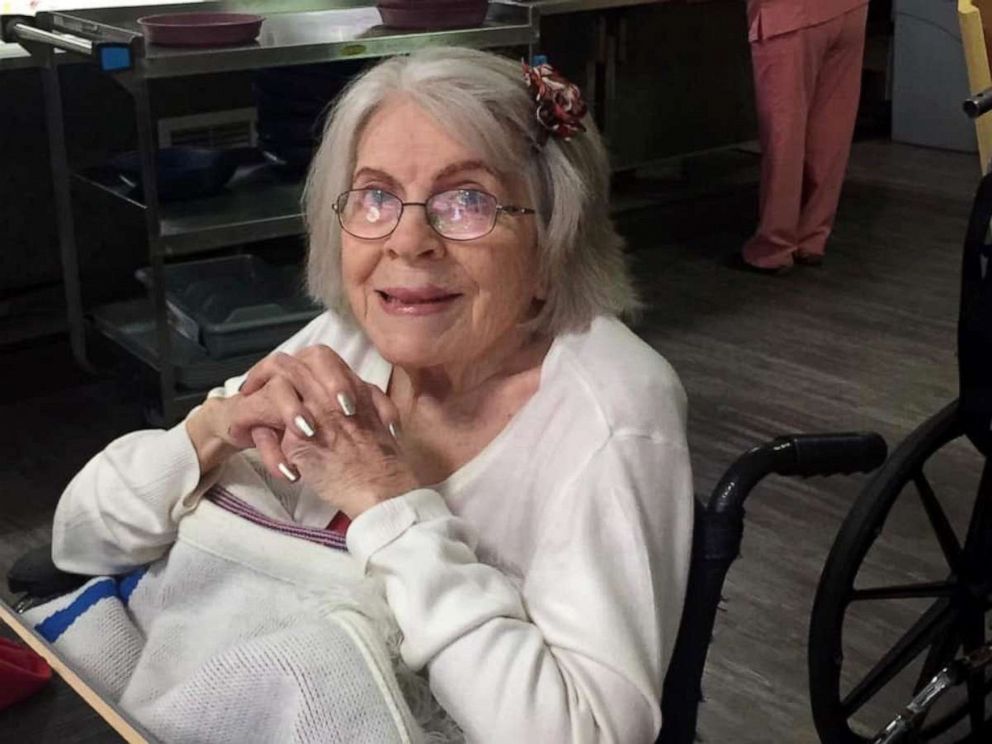
Ann Sullivan, an animator of Disney classics including "The Little Mermaid," "The Lion King" and "Lilo & Stitch" was the third resident to lose her life to complications due to COVID-19. She celebrated her 91st birthday on April 10 and died on April 13th.
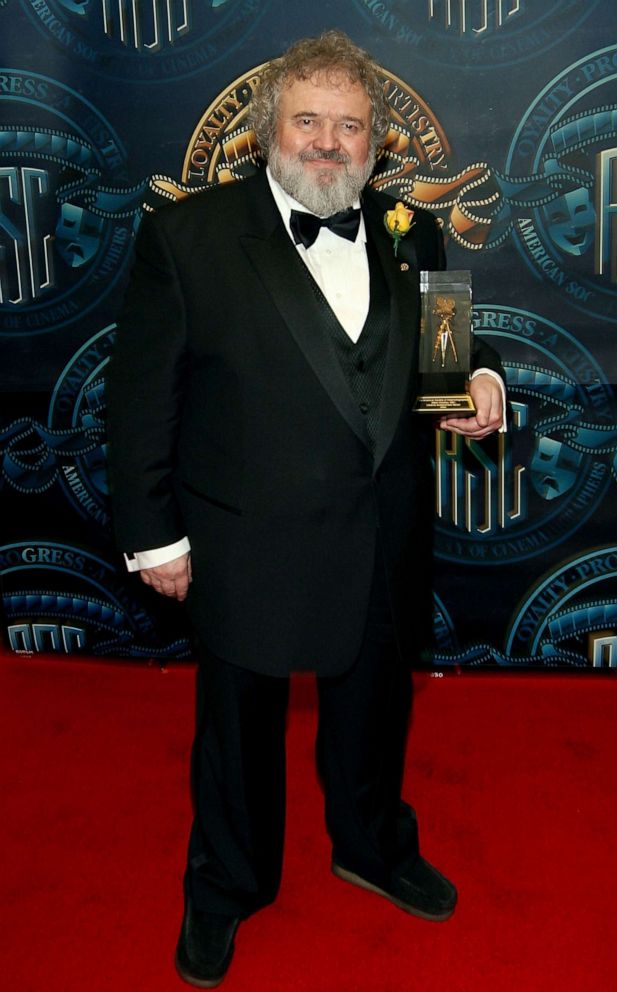
Cinematographer Allen Daviau, 77, who earned five Academy Award nominations and was known for his work with Steven Spielberg died on April 15. Daviau was nominated for his work on timeless American classics like "E.T.," "The Color Purple," and "Empire of the Sun."
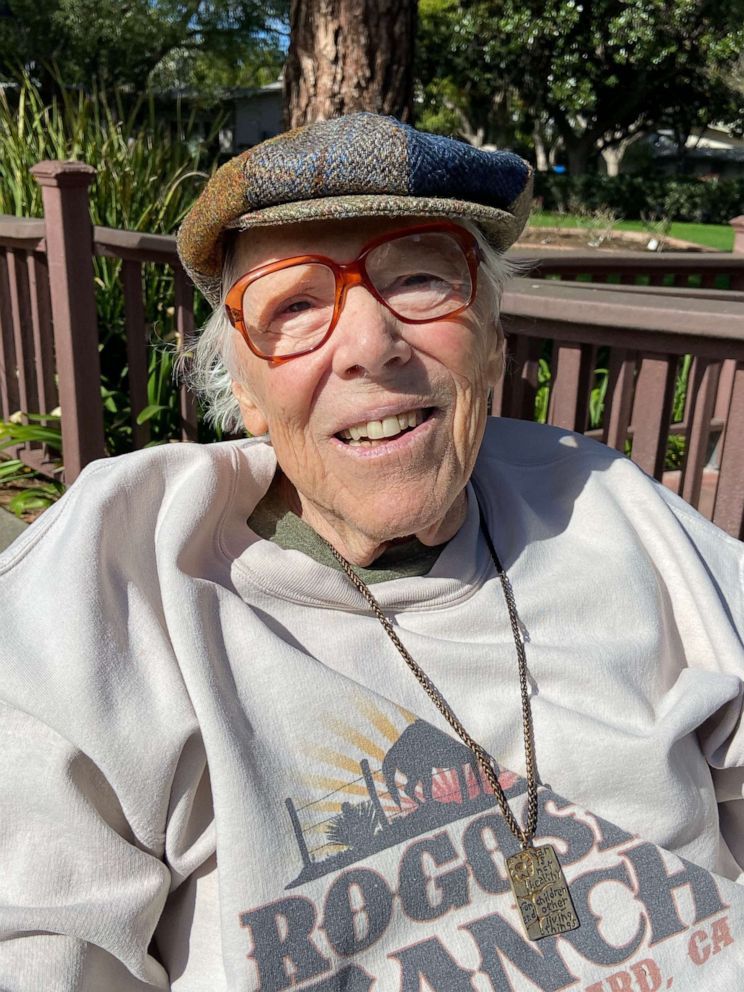
Joel Rogosin, an Emmy-nominated writer and producer, who was known for his work on “Knight Rider” and “Magnum P.I.” died from COVID-19 on April 21. He was 87.
Leah Bernstein, a longtime executive secretary to film director and producer Stanley Kramer, was the sixth resident to die at the facility at the age of 99. Kramer was known for tackling social issues that other directors avoided and Bernstein, who got her first job in the entertainment industry at 16, worked with him on 28 films.
“Reflecting on her career, Leah would often say that she was most proud about the social impact of the films she made with Stanley Kramer and Sidney Poitier and the way they defied stereotypes of the time,” Beitcher wrote in his tribute to Bernstein.
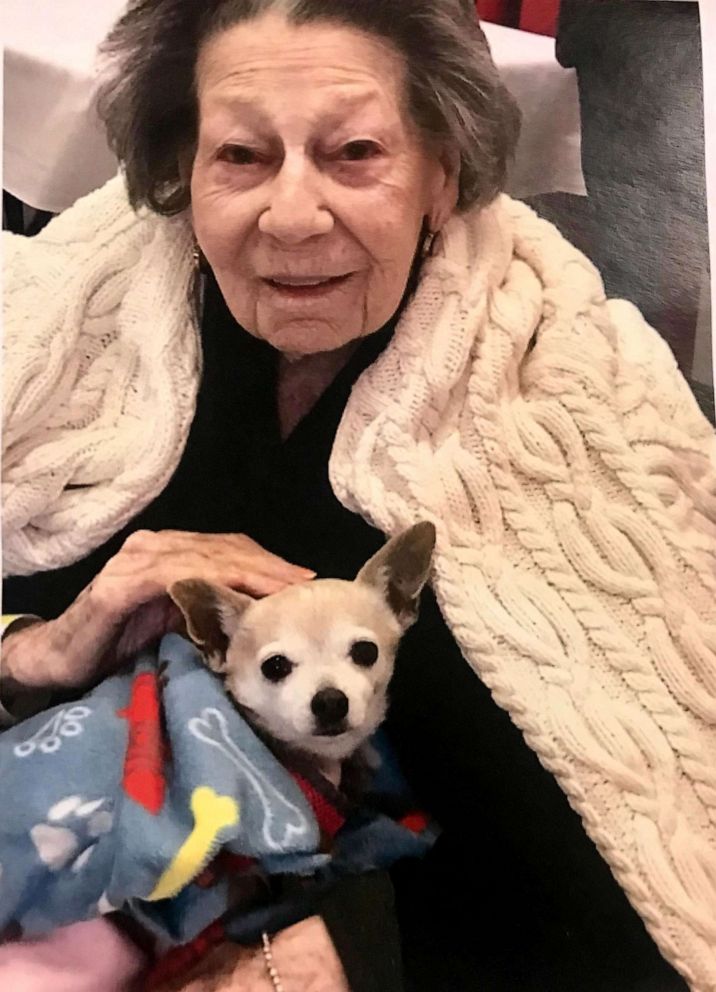
Meanwhile, an assisted-living facility for entertainment industry workers in Englewood, New Jersey – just miles outside New York City, where the death toll is the highest in the country, experienced a painful outbreak, leading to the deaths of 11 residents.
At the Lillian Booth Actors Home of The Actors Fund – a nonprofit organization founded in 1882 to provide financial and health services to performing arts workers -- 26 residents out of about 120 tested positive for COVID-19.
“It's hard for the families, it's hard on everybody -- the friends and the staff at the home as well because it's a very friendly kind of environment and a very vibrant group of people that live there,” chairman of The Actors Fund Brian Stokes Mitchell told ABC News on Wednesday. Mitchell is an actor himself and a Broadway star who also tested positive for COVID-19 but has now recovered.
The facility obtained personal protective equipment early and went on lockdown on March 10, Mitchell said, adding that they have not had a positive COVID-19 test for 30 days.
'Devastating' loss in jazz and blues 'ecosystem'
At least 13 influential jazz and blues musicians died from COVID-19, and the disproportionate impact that the virus has had on older people and African Americans is “certainly is apparent in the jazz world,” Jazz Foundation of America Executive Director Joseph Petrucelli told ABC News.
“The human toll has been devastating and, and heartbreaking,” Petrucelli said, adding that several others have died due to suspected cases of COVID-19.
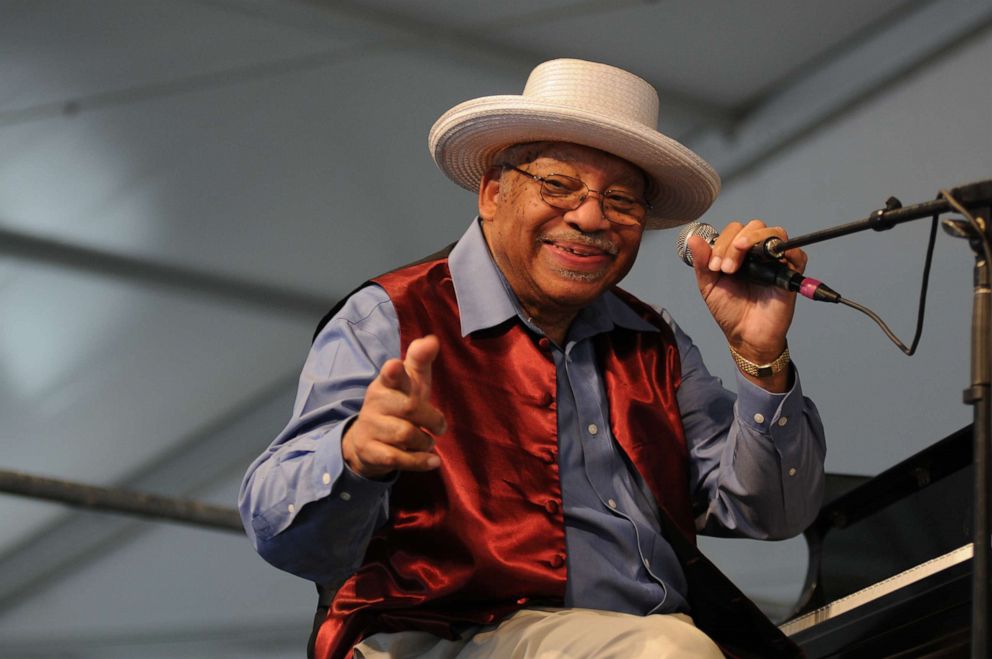
Among those who died are New Orleans jazz legend Ellis Marsalis -- a renowned pianist, educator and patriarch of one of New Orleans most prominent jazz families -- who died on April 1 in New Orleans at the age of 85.
Four of Marsalis’ sons -- Branford, Wynton, Delfeayo, and Jason, also became jazz musicians. “My dad was a giant of a musician and teacher, but an even greater father. He poured everything he had into making us the best of what we could be,” wrote Branford Marsalis in a statement.
New Orleans Mayor LaToya Cantrell lauded Ellis Marsalis as a "legend."
"He was the prototype of what we mean when we talk about New Orleans jazz … He was a teacher, a father, and an icon — and words aren’t sufficient to describe the art, the joy and the wonder he showed the world," he said. "This loss cuts us deeply.”
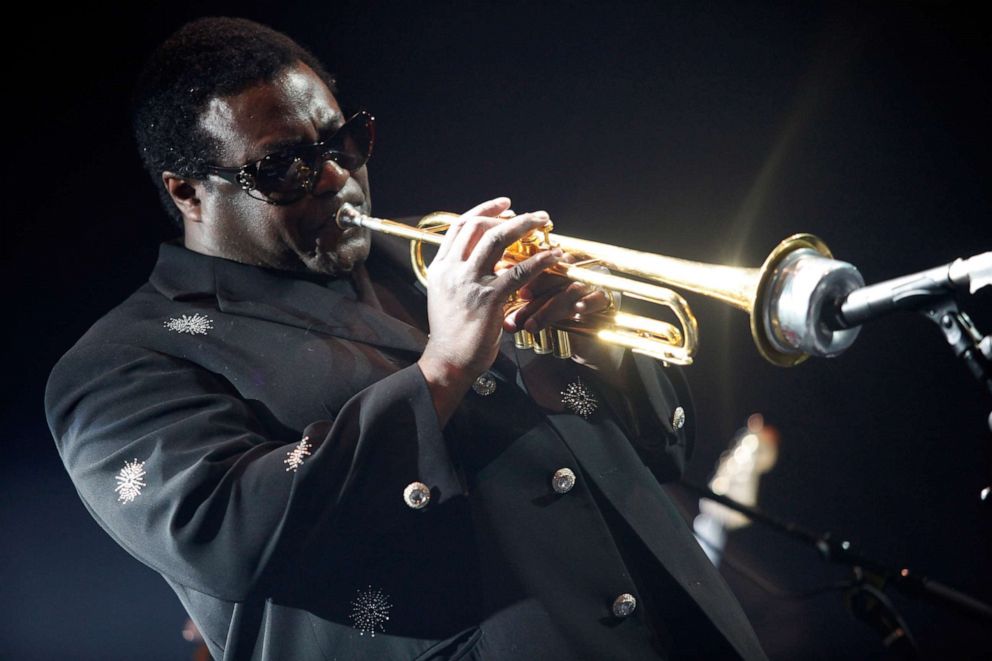
Wallace Roney, a Grammy-winning jazz trumpeter who studied with jazz legend Miles Davis and Dizzy Gillespie, died on March 31 in Paterson, New Jersey. He was 59.
Bucky Pizzarelli, a celebrated jazz guitarist who collaborated with stars like Paul McCartney and Benny Goodman, died on April 1 in Saddle River, New Jersey. He was 94.
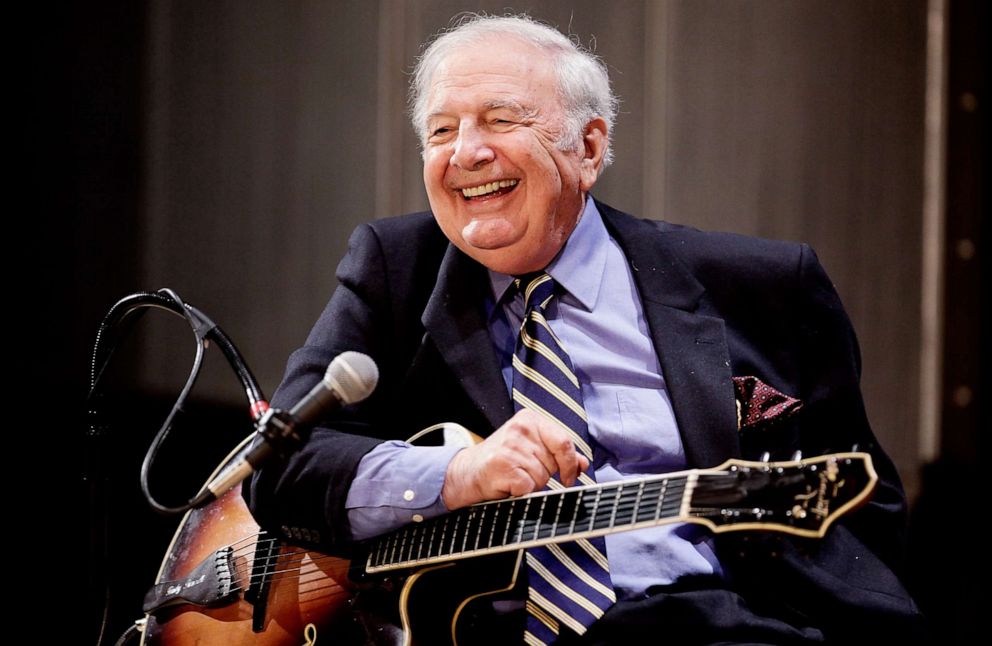
Henry Grimes, a renowned jazz bassist who played with greats like Benny Goodman, Sonny Rollins and Lee Konitz, died on April 15 at the Northern Manhattan Rehabilitation and Nursing Center in Harlem in New York City. He was 84.
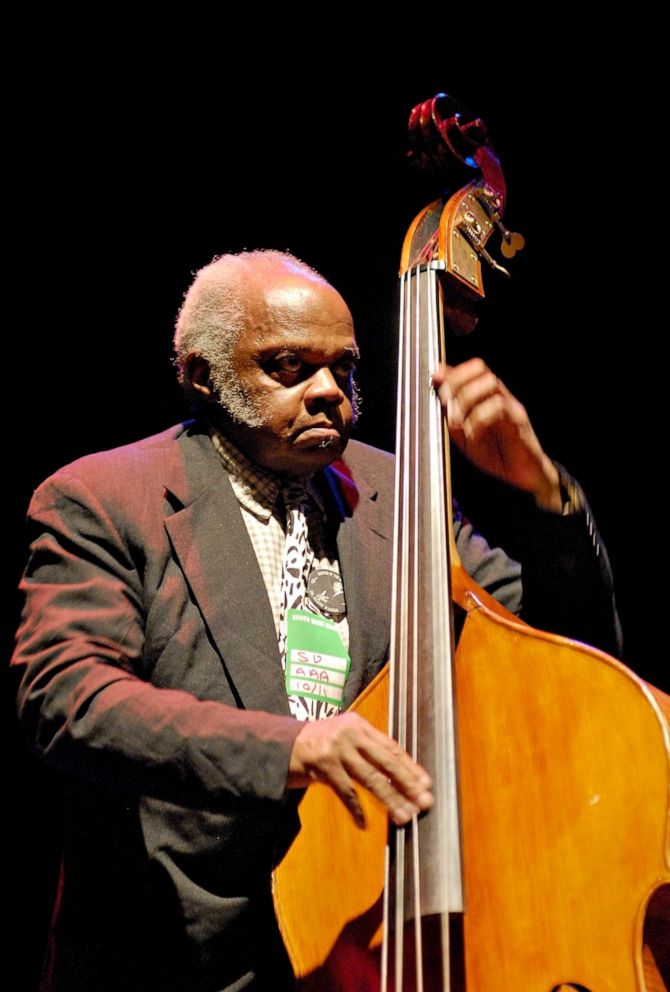
The jazz world took notice of a 22-year-old Grimes when he played at 1958 Newport Jazz Festival. After falling on hard times, he dropped off the music scene in the 70s before being discovered again by a social worker while he lived in Los Angeles and with the help of the community, he made a memorable comeback over the past two decades.
Manu Dibango, a Cameroonian jazz saxophonist and songwriter, who was known for fusing elements of jazz and funk with African beats, died on March 24 at age 86.
Dibango’s track, "Soul Makossa," has been sampled by artists like Kanye West and Michael Jackson.
Lee Konitz, a jazz saxophonist and composer whose storied career dates back to the 1940s, died on April 15 in New York City. He was 92.
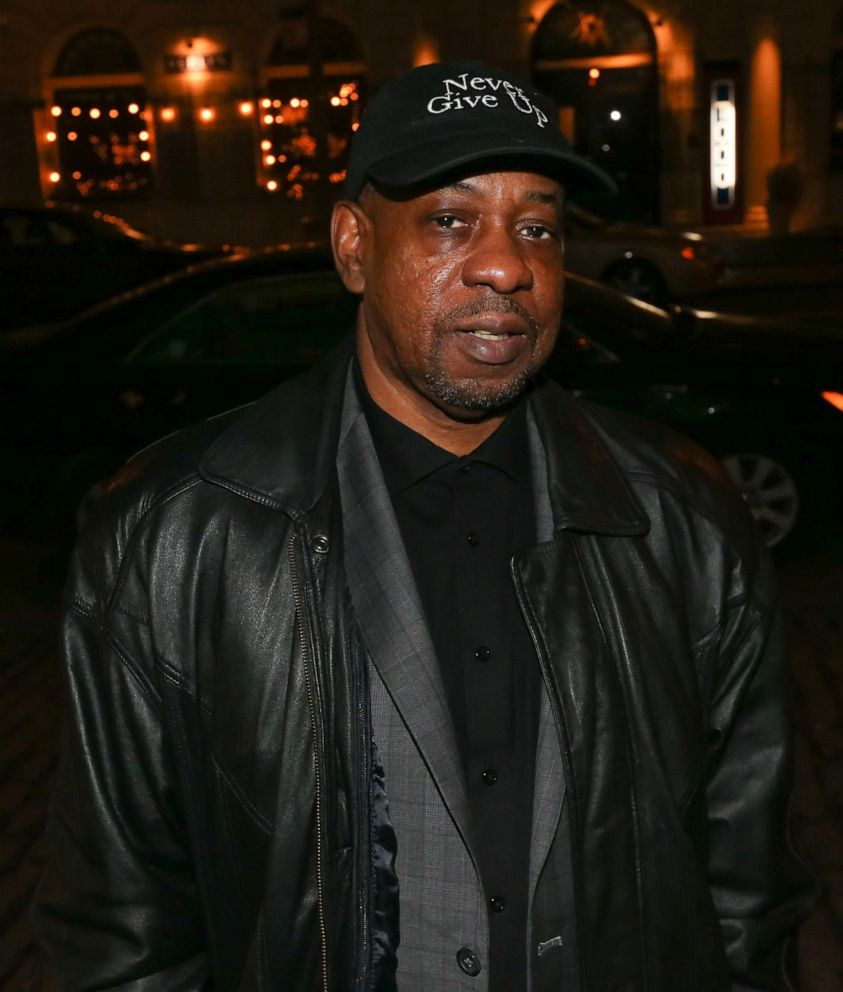
Onaje Allan Gumbs, a renowned jazz pianist, arranger and composer, who was known for fusing elements of R&B and jazz, died in a nursing home in Yonkers, New York on April 6 at the age of 70. According to JFA, his wife Sandra Gumbs later died in the same nursing due to compilations with the virus.
Petrucelli said that the human toll of the virus has been so “painful” and the losses have been felt across the entire jazz and blues “ecosystem.”
“In terms of the broader community associated with the music and with the foundation, you know, it's even more harrowing where we lost a beloved board member, for instance, named Steve Edwards. We've lost a club owner in Harlem … Sandra Gumbs, the wife of Onage Allan Gumbs, passed away in the same nursing home that Onaje did ... [we know] a promoter in Harlem who passed, we know regulars from clubs who have passed,” he said.
'Unprecedented' need behind the glamour
Amid compounding health concerns, many entertainment industry workers who largely rely on freelance work are facing crushing economic instability as the gig economy comes to a screeching halt.
The Jazz Foundation of America was founded in 1989 to preserve the legacy of jazz in America and has been operating as a safety net for struggling jazz and blues musicians across the country since the establishment of its emergency fund in 1990, assisting with everything from rent and medical bill payments, to disaster relief.
The JFA community has been hit hard because clients who receive assistance from the organization’s core programs are 65 and older, including many African Americans, but there are no age restrictions and in disaster relief efforts, musicians of all ages receive assistance.
And according to Petrucelli, through JFA’s coronavirus relief efforts, the organization has “encountered” musicians they assisted “throughout all of these different disasters,” including Hurricane Katrina, Hurricane Maria and post 9/11 relief work.
Mitchell said that in a “normal year,” The Actors Fund spends “about $2 million for emergency help,” but as of May 19, it has already spent $11 million.
“We anticipate having to raise about $27 million more to meet the pressing needs of all of the people and so we've been relying on donations,” he said.
MPTF raised about $3 million for their coronavirus relief fund, including money raised at a star-studded virtual fundraiser earlier this week. The organization is also administering funds for organizations like the Directors Guild Foundation, Netflix and Warner Bros. Television.
Beitcher said the coronavirus pandemic “really heightened awareness of the vulnerability”of entertainment industry workers.
“I think the image that most people have of people working in film and television is that they all make a lot of money, they live in Beverly Hills, they lead this very glamorous life, and that represents a small -- very small fraction -- of the total industry and an even smaller fraction of any film or television set that you'd ever visit,” Beitcher said. “The fact is that most people working in the industry are working, middle class folks.”
Disney is the parent company of ABC News.




